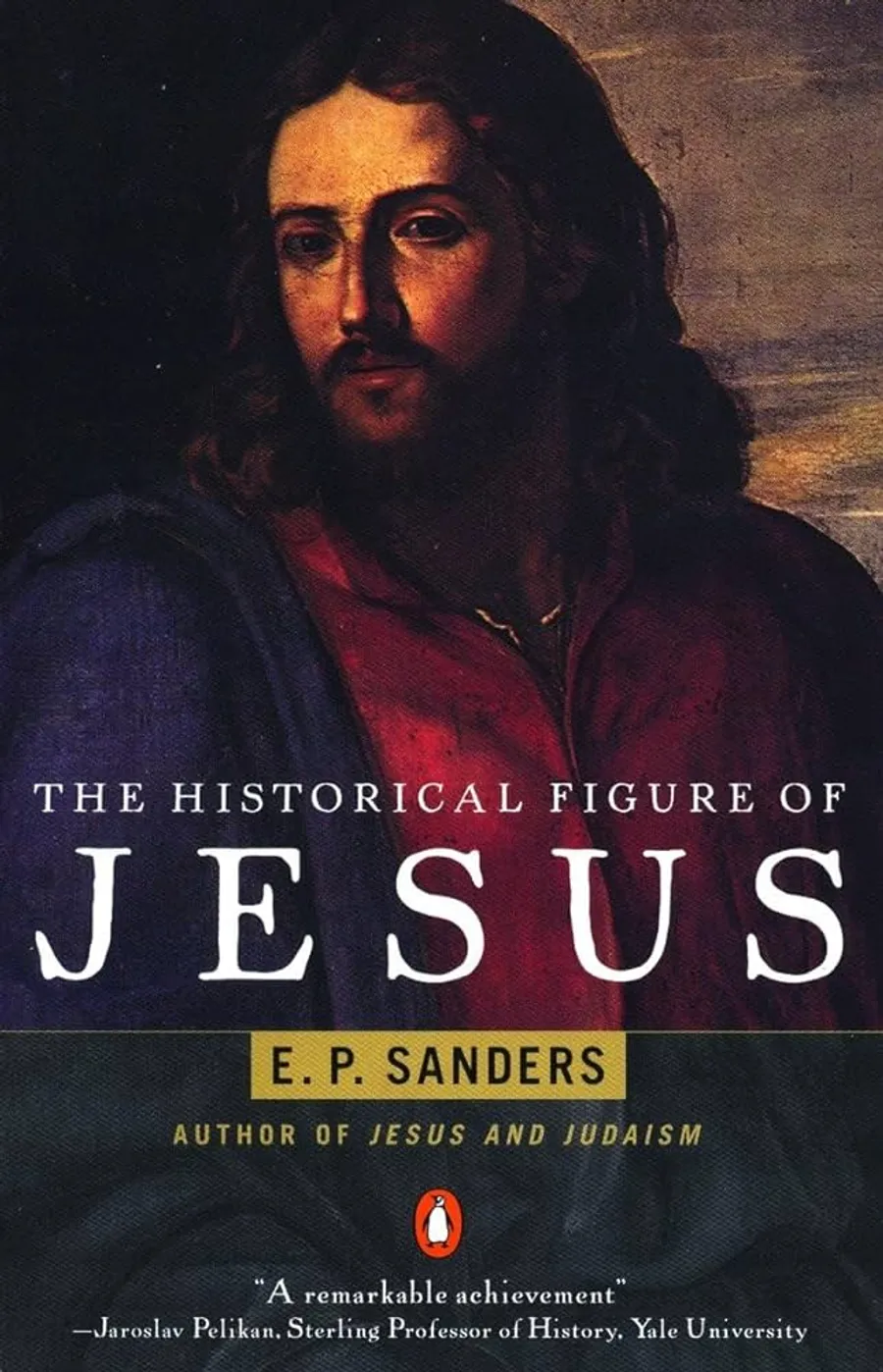
My review of The Historical Figure of Jesus by E.P. Sanders.

My review of The Historical Figure of Jesus by E.P. Sanders.
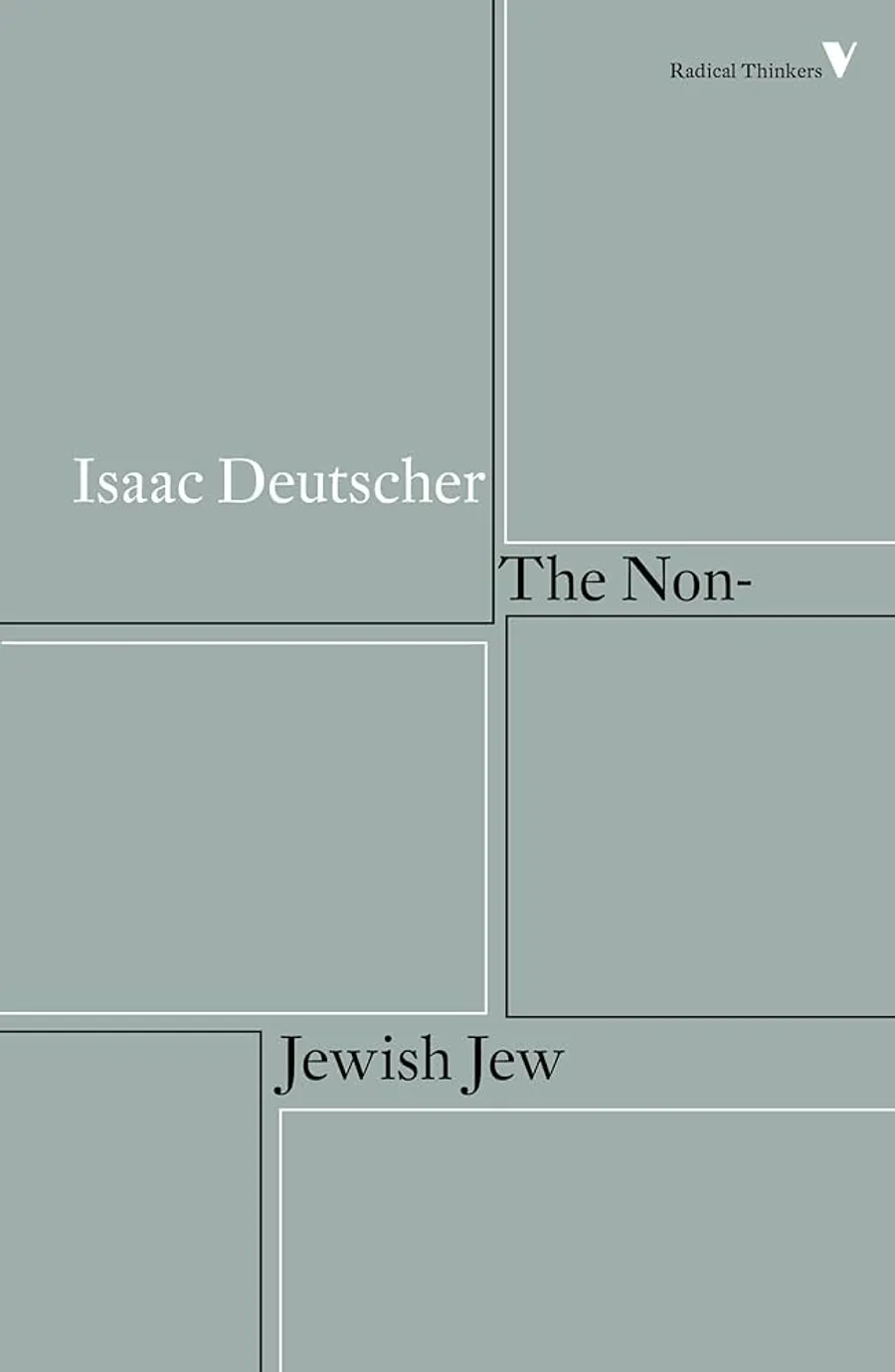
My review of The Non-Jewish Jew and Other Essays by Isaac Deutscher.
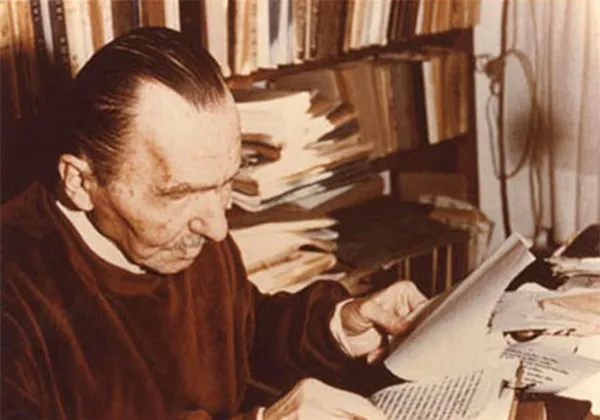
Nikos Kazantzakis’ towering literary output reflects a lifelong effort to articulate both spiritual and political radicalisms, for which the figure of Christ is often the embodiment.
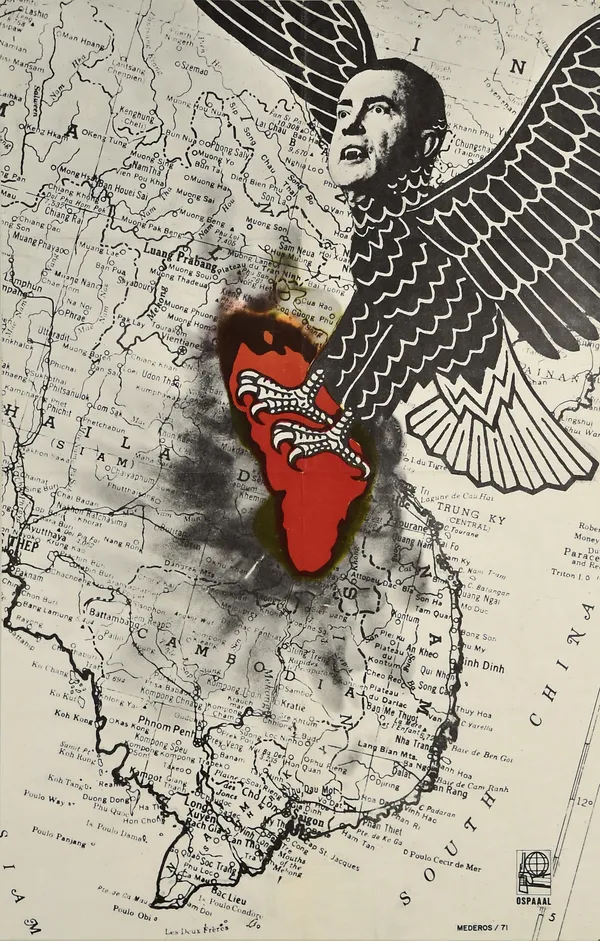
In 1966, the Tricontinental Conference convened in Havana, Cuba, bringing together over 500 delegates from 82 countries in Asia, Africa, and Latin America under the banner of anti-colonial, anti-imperialist solidarity and national self-determination.
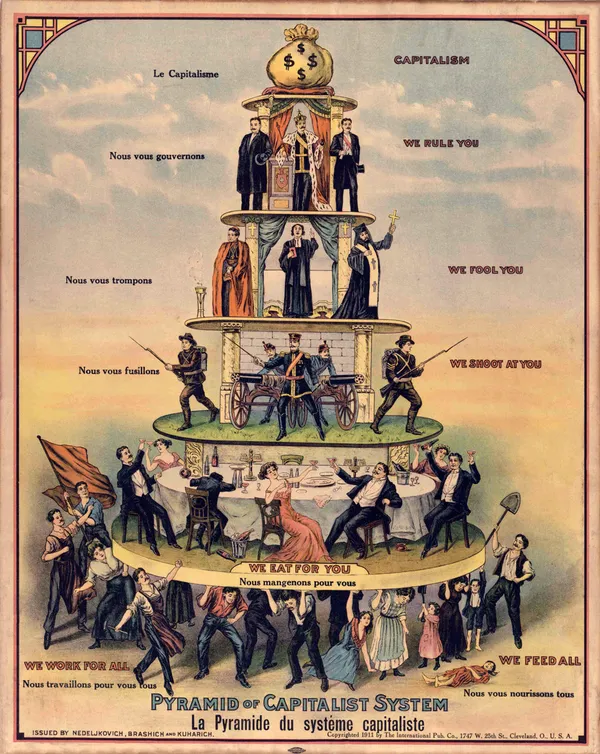
Max Weber famously argued for an “elective affinity” between a Calvinist work ethic and the economic requirements of industrial capitalism. In its insistence on secularized vocation and deferment of worldly pleasure, according to Weber, the Protestant work ethic gave religious sanction to certain kinds of economic activity, namely, the reinvestment of wealth as capital to build society’s productive forces.

Christianity retains the impetus to anti‐fetishism, provided it unites with the Marxist science of critical perception.
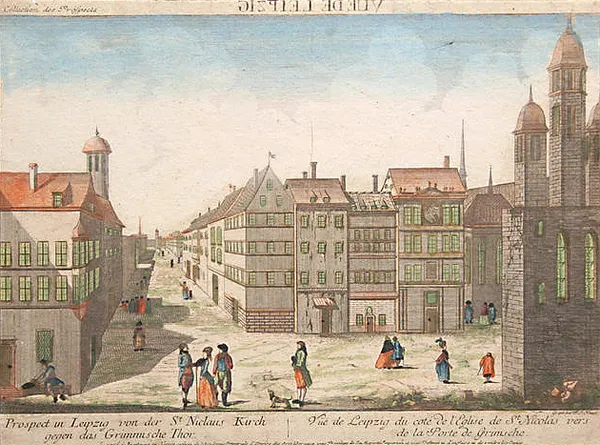
The music brings out this sense of inexorableness that the text signals with words like bestimmen (designate, determine, appoint) and the clipped, forceful, almost untranslatable Not (destitution, misery, dire need).
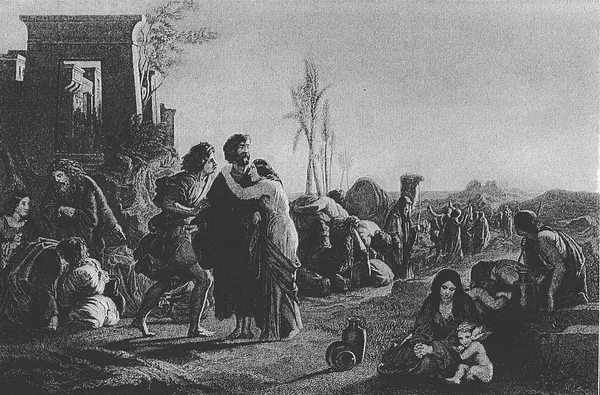
My review of Haymarket’s Can’t Pay, Won’t Pay: The Case for Economic Disobedience and Debt Abolition, for The Bias magazine.
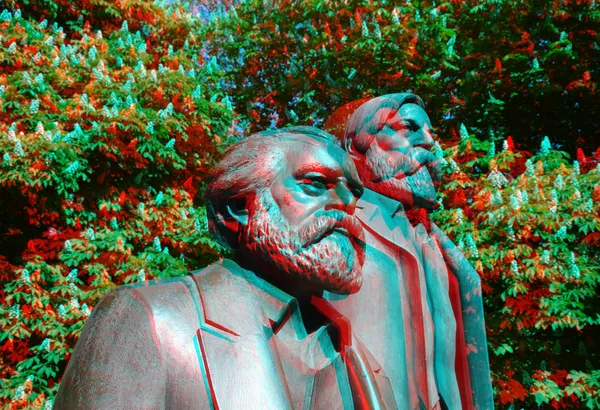
If Marx focused so much on the material, it was because he found it integral to collective human flourishing in a sense similar to the Aristotelian eudamonia—physical, mental, and spiritual well-being achieved through practical activity.
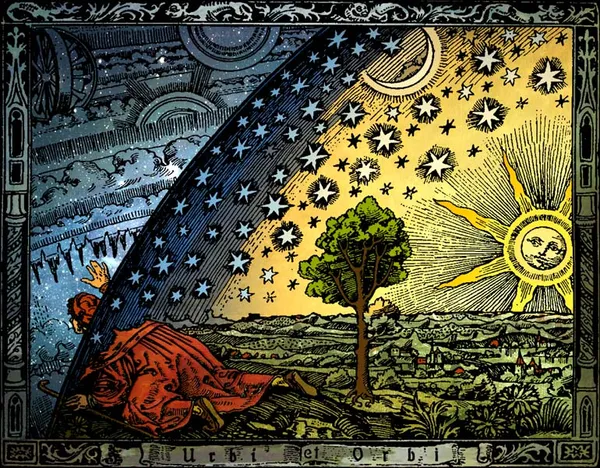
Thomas’ “metaphysics,” if indeed it can be called that, is neither an overarching rationalist system nor a purely sense-oriented empiricism. Perhaps it is ultimately closer to the dialectical materialism of Karl Marx—a philosophy engaged with the flux of material, historical change and humanity’s common interaction with itself and nature—than it is to any Enlightenment idealism.
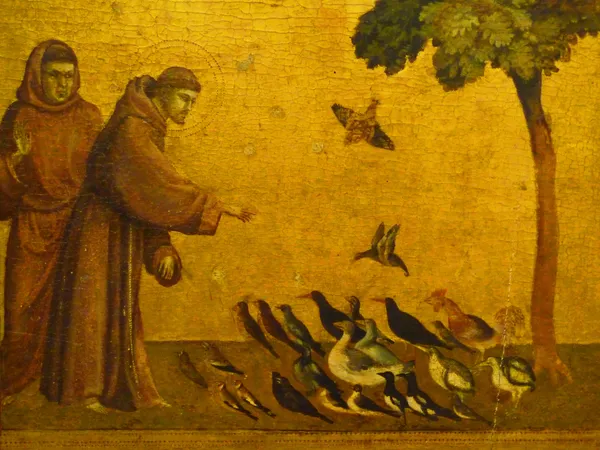
“In the person of Francis the premodern world, so to speak, gathered itself together before coming to an end. For one last time, before the forces of progress thundered off on their triumphant path, one man looked into the motivating thrust behind the whole thing and decisively rejected it: Francis of Assisi, the last Christian.”
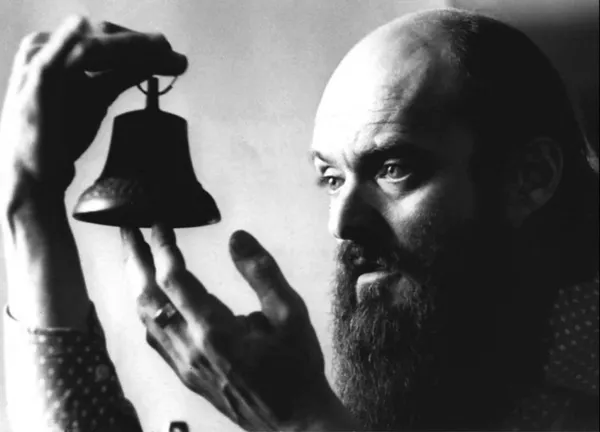
In the introduction to Arvo Pärt: Out of Silence, theologian and musician Peter Bouteneff notes that the tendency to describe first encounters with Pärt grows out of his music’s singular, transformative quality—an evocative spirituality that has captivated believer and non-believer alike.